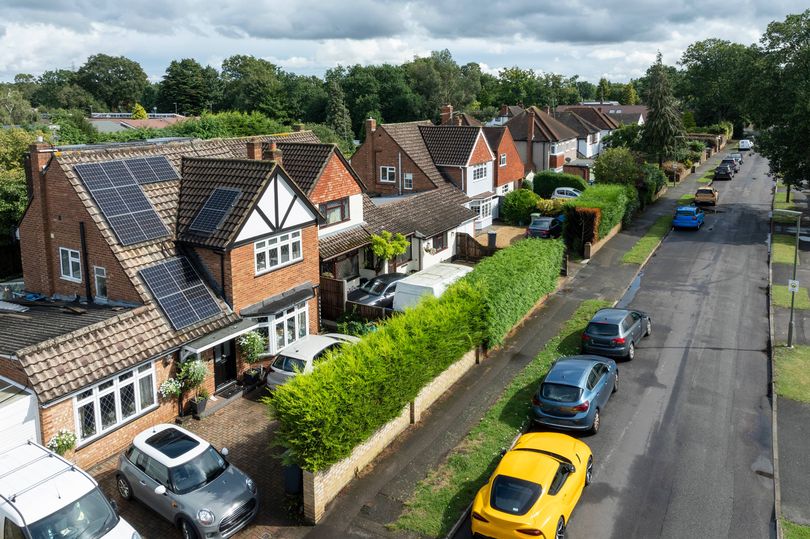Police advice on dealing with cars blocking your driveway or parked in front of your house

Homeowners know the frustration of a car blocking their driveway all too well. A recent case saw a resident so exasperated that they turned to the police for advice.
The guidance came from the Ask the Police section of the Police National Legal Database website, where the individual inquired: "Someone has parked their car and it is blocking my driveway. What shall I do?".
The initial suggestion from the police is to speak with neighbours to find out who owns the obstructing vehicle, especially if it's preventing access to your property. Some local authorities may have measures in place to deal with such issues.
- Man charged after serious sexual assault in Huddersfield town centre
- Dog attacks: Yorkshire boys, seven and nine, mauled by family pets
The site explains: "In most areas local councils have now taken on responsibility for enforcing parking provisions under what is known as Civil Parking Enforcement (CPE). Under CPE, it's an offence to park a vehicle that blocks a dropped kerb driveway. You can check if your local council has taken on CPE via the link here. GOV.UK - CPE List"
Further advice states: "If your council has taken on CPE, you will usually need to report vehicles that are obstructing a dropped kerb directly to them – you can contact them via the link here GOV.UK - Find your local council."
However, if CPE isn't in effect in your area, the next step would be to reach out to the local police force. It's important to note that the police may only intervene if a vehicle is trapped, hindering your ability to exit.
The Metropolitan Police have issued guidance on blocked driveways, recognising the frustration this situation can create for residents. The force stated: "If someone has blocked your driveway so you can't drive in, we appreciate this can be very frustrating."
Officers recommend initially trying to sort out the matter through dialogue: "If you can find the owner of the vehicle, we'd first recommend asking them politely to move it. If you can't find them, try leaving a note on their windscreen. After all, they may not realise they have caused a problem."
Should these approaches prove unsuccessful, they advise contacting local authorities: "If this doesn't work, please contact your local council. If a person has blocked your driveway and is preventing you from getting your own vehicle out, we may be able to help. You can report antisocial behaviour online."
The RAC has meanwhile offered clarity on parking regulations: "It is perfectly legal to park outside someone's house, unless the vehicle is blocking a driveway or a wheel is over a dropped kerb. Where no parking controls exist, drivers do not have an 'automatic spot' for parking outside their homes."
They provide additional guidance for dealing with obstructed access: "If your vehicle is on your driveway and another car is parked on a public highway and blocking your access out of your driveway, the council has the power to act. But if that other car is on a drive, it's technically on private property – and the council has no authority to remove it."